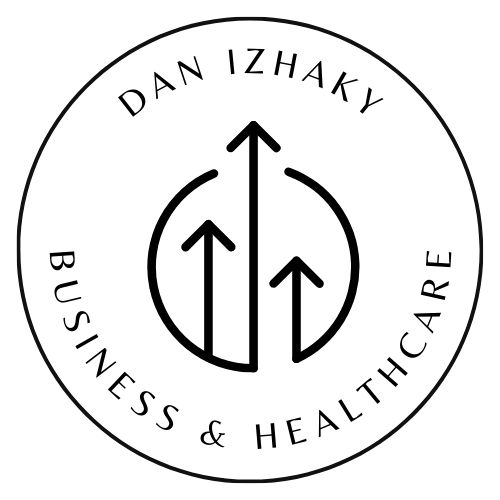Preventive healthcare plays a crucial role in promoting wellness and disease prevention. It focuses on proactive measures to maintain health and prevent the onset of illnesses. By emphasizing healthy lifestyle choices, regular screenings, vaccinations, and early interventions, preventive healthcare aims to reduce the burden of disease and improve overall well-being.
One of the primary components of preventive healthcare is promoting healthy lifestyle behaviors, including regular exercise, balanced nutrition, adequate sleep, stress management, and avoidance of harmful substances such as tobacco and excessive alcohol. These lifestyle choices are associated with a lower risk of chronic conditions such as obesity, diabetes, heart disease, and certain cancers. By encouraging individuals to adopt healthy habits, healthcare providers can help prevent the development of chronic diseases and improve quality of life.
Regular screenings and check-ups are also essential aspects of preventive healthcare, allowing healthcare providers to detect health issues early when they are more easily treatable. Screenings for conditions such as high blood pressure, cholesterol levels, diabetes, and certain cancers can help identify risk factors and enable early intervention to prevent the progression of disease. Additionally, preventive screenings such as mammograms, Pap smears, and colonoscopies are crucial for detecting cancer at an early stage when treatment is most effective.
Vaccinations are another critical component of preventive healthcare, protecting individuals from infectious diseases such as influenza, measles, mumps, rubella, hepatitis, and human papillomavirus (HPV). Vaccines stimulate the immune system to produce antibodies that provide immunity against specific diseases, reducing the risk of infection and transmission within communities. By ensuring widespread vaccination coverage, healthcare providers can prevent outbreaks of vaccine-preventable diseases and protect public health.
Furthermore, preventive healthcare involves identifying and addressing risk factors for disease through targeted interventions and lifestyle modifications. For example, healthcare providers may offer smoking cessation programs, weight management counseling, and support for managing chronic conditions such as hypertension and diabetes. By addressing risk factors and promoting healthy behaviors, preventive healthcare aims to reduce the incidence of chronic diseases and improve long-term health outcomes.
Moreover, patient education and empowerment are essential components of preventive healthcare, empowering individuals to take an active role in managing their health and well-being. Healthcare providers can educate patients about the importance of preventive screenings, vaccinations, and healthy lifestyle choices, empowering them to make informed decisions about their health. Additionally, patient engagement and shared decision-making enable individuals to collaborate with their healthcare providers to develop personalized preventive care plans tailored to their unique needs and preferences.
In conclusion, preventive healthcare plays a vital role in promoting wellness and disease prevention by emphasizing healthy lifestyle behaviors, regular screenings, vaccinations, and early interventions. By focusing on prevention rather than treatment, healthcare providers can reduce the burden of disease, improve health outcomes, and enhance overall well-being. Through education, empowerment, and targeted interventions, preventive healthcare aims to empower individuals to take control of their health and lead healthier, more fulfilling lives.

